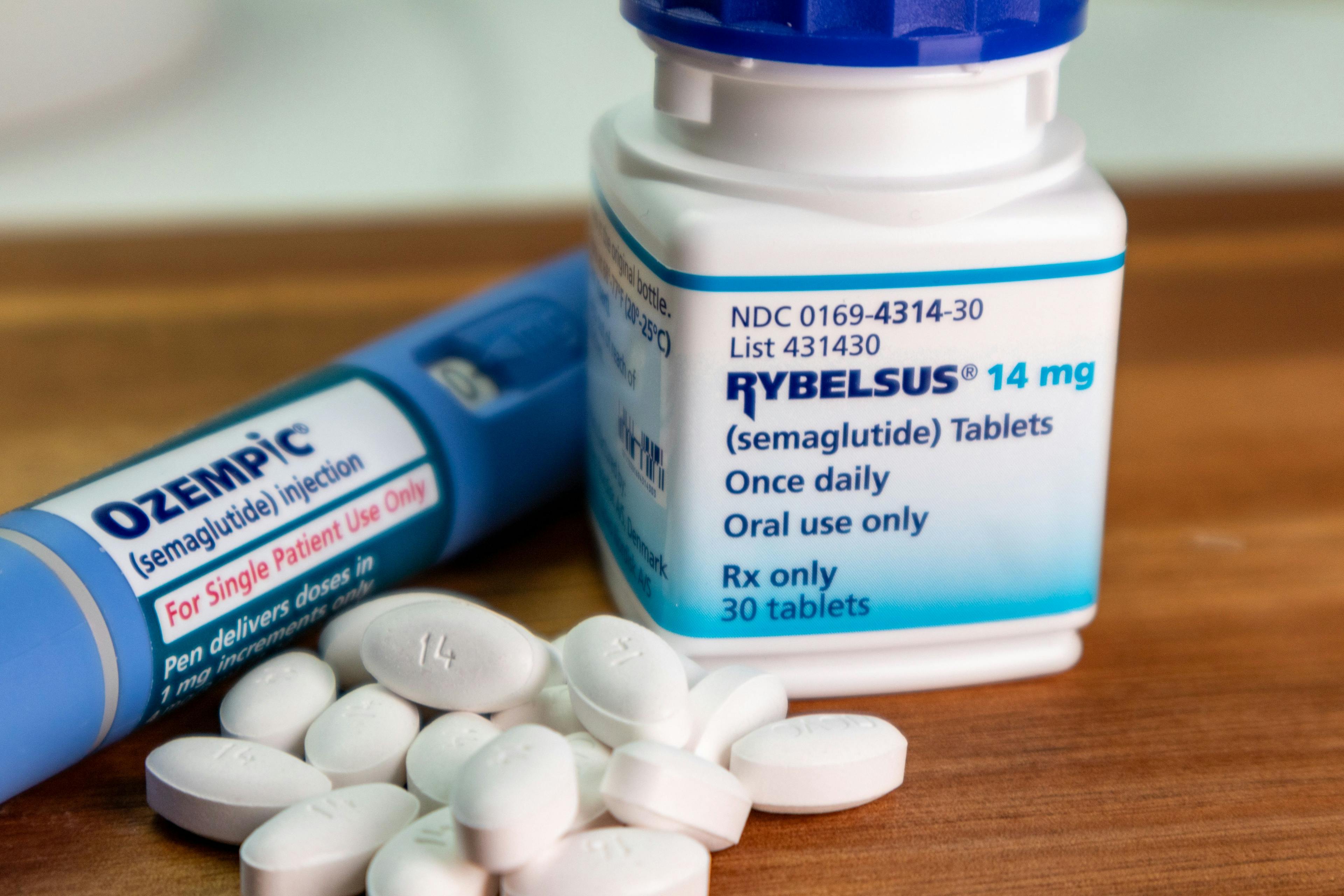
In recent studies, a potential link has emerged between the use of GLP-1 receptor agonists like semaglutide and an increased risk of psychiatric issues such as depression and suicidal ideation. This connection was highlighted in several presentations at the American Psychiatric Association (APA) annual meeting.
One case involved a 42-year-old female patient who had a history of bipolar I disorder, post-traumatic stress disorder (PTSD), morbid obesity, and type 2 diabetes. She was started on semaglutide for weight loss but just three weeks into the treatment developed behavioral disruptions, protracted nihilistic delusion, and attempted to self-strangulate. Her symptoms reversed after stopping the medication.
Another case reported a male patient, age 72, who experienced manic behavior after starting semaglutide for type 2 diabetes treatment. His symptoms included goal-directed activities and an almost nihilistic delusion that neighbors were dead.
These cases raised concerns among clinicians about the potential link between GLP-1 receptor agonists and psychiatric issues. Semaglutide acts on the brain stem, lateral septum, and hypothalamus, modulating food intake and reward with GLP-1 receptor stimulation promoting dopaminergic neuron activity at the ventral tegmental area and increased expression of dopamine transporters on neuronal cell surfaces.
Approximately 60 documented cases of suicidal ideation and 7 suicide attempts have been reported in studies since 2018. Many patients reported significant improvement in depression after discontinuing the medication, suggesting that semaglutide may induce depression which could lead to suicidal ideation.
Three semaglutide products are currently approved by the FDA: Wegovy injection for weight loss, Ozempic injection and Rybelsus tablets for reducing blood sugar in adult patients with type 2 diabetes, and Ozempic to reduce the risk of cardiovascular issues in patients with type 2 diabetes and known heart disease.
Further research is needed to identify specific proteins and enzymes implicated in exacerbating current psychological conditions and inducing suicidal ideation.




